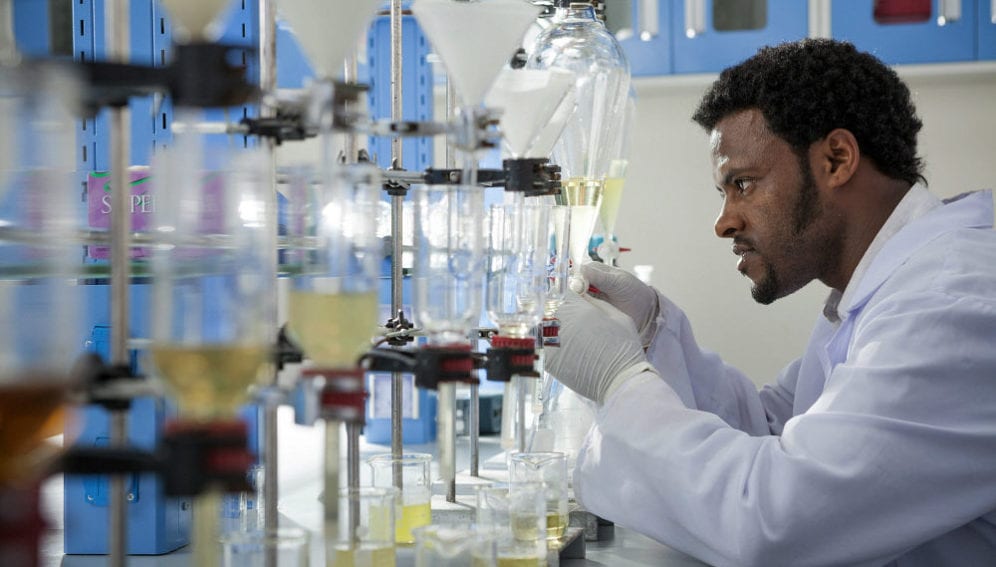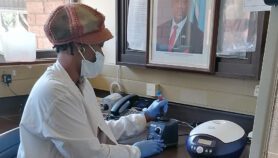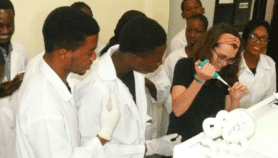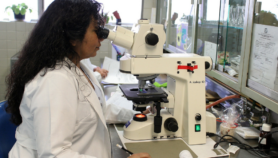By: Gilbert Nakweya
Send to a friend
The details you provide on this page will not be used to send unsolicited email, and will not be sold to a 3rd party. See privacy policy.
[NAIROBI] Often, we hear lamentations over the lack of policymakers’ uptake of science, technology and innovation (STI) products.
Most people, especially experts, argue that the two need to complement one another for rapid socioeconomic development in Africa, but that is not the case in many instances.
We need to establish intelligent links that aid continuous and interactive flow of information to help build trust between policymakers and scientists.
Gilbert Nakweya
But who is to blame for the persistent gap between policy making processes and science in Africa? How can the continent increase engagements between science, research and policy making processes as one of the means to creating opportunities aimed at enabling its populace to realise their wide-ranging dreams?
Those are some of the questions that came to my mind and I sought answers for as I listened to experts from Eastern and Southern African countries such as Botswana, Burundi, Ethiopia, Kenya, Lesotho, Malawi, Namibia, Rwanda, South Africa, South Sudan, Tanzania, Zambia and Zimbabwe at a forum that took place in Kenya last month (27-29 September).
Many studies conducted by international bodies such as the World Bank and the United Nations Development Programme have indeed revealed the importance of STI in fostering sustainable development.
However, it is still a matter of concern on the wide gap that exists between policy and STI and research in Sub-Saharan Africa, as I learnt during a conference of Kenya-headquartered Regional Centre for Mapping of Resources for Development.
The academicians, research scientists, members of the private sector, and government officials at the gathering were concerned that the engagement between science, research and policy is still poor despite the increasing research output aimed at informing decisions that can foster sustainable development in the region.
Following the interactions at the conference, I gathered that the producers of knowledge (scientists and researchers) and the consumers (policymakers) are equally to blame for the low input of research work in policy-making.
Some scientists in Africa have been blamed for not having established networks to share information with policymakers early. Additionally, they are to blame for not involving all important actors including policymakers and the various relevant members of the public in their research works from the start to the end.
For instance, a professor at an African university may choose to solely work on an innovation to address the challenges of pasture and water affecting nomadic pastoralists without involving policymakers and the pastoralists.
On the other hand, policymakers, in most cases, mistrust scientific knowledge producers even from the research institutions that are owned by governments.
To this end, most of the delegates agreed that it is important for scientists to have a good understanding of the end users of certain technologies, for example, before working on them. I agree with the delegates.We need to establish intelligent links that aid continuous and interactive flow of information to help build trust between policymakers and scientists. Such links should also involve the public who are an integral part of the implementation of research and are key to research sustainability.
This piece was produced by SciDev.Net’s Sub-Saharan Africa English desk.














